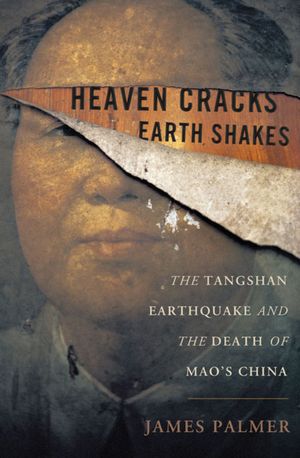 This week in the book pages, Roads to Power: Britain Invents the Infrastructure State (Harvard University Press), by historian Jo Guldi, caught my eye. Here's a snippet of the Wall Street Journal review:
This week in the book pages, Roads to Power: Britain Invents the Infrastructure State (Harvard University Press), by historian Jo Guldi, caught my eye. Here's a snippet of the Wall Street Journal review:To summarize [Guldi's] argument, roads were wretched before central government got involved. Only when the expertise of state-funded professionals was put to work did the country become properly traversable. Then a combination of libertarian ideologues and not-in-my-backyarders (along with the odd misguided radical) blocked progress. The parish and turnpike roads that followed were a disappointment, indeed a disaster, for poorer and more outlying regions. Many local corporations found that the income from their tolls was insufficient to maintain their roads. Eventually the central state was forced to step in, take over the unprofitable routes and put the experts back in charge. Ms. Guldi then goes on to extend that argument to our own age: President Obama's Recovery Act, free Wi-Fi in public libraries, Chinese bullet trains, etc.Continue reading here.
 Also in the WSJ:
Also in the WSJ:- Coverage of Heaven Cracks, Earth Shakes: The Tangshan Earthquake and the Death of Mao's China (Basic Books), by British writer James Palmer. It chronicles the events of 1976, in which "a cataclysmic upheaval—physical, political, economic—. . . sent China rocketing toward its present wealth and superpower status." Read on here.
- A review of three new books on leadership, under the byline "History's most fearsome commanders have lessons for business today, even without the pillaging." (The commanders are Julius Caesar, Atatürk, and Hannibal.)
- A review of A Nation of Moochers: America's Addiction to Getting Something for Nothing (St. Martin's Press), by Charles J. Sykes. It is "a talk-radio segment in book form" in which the author gathers Goldman Sachs, public employees, school lunch beneficiaries, and infants born on Medicaid under the rubric of "irresponsible grasping."
Margaret Fuller, a woman of great talent and promise, had the misfortune to be born in Massachusetts in 1810, at a time and place in which the characteristics of what historians have termed “true womanhood” were becoming ever more rigidly defined. Well brought-up women like herself were to be cultured, pious, submissive and genteel. Fuller, by contrast, was assertive and freethinking. She was also — and to some extent, still is — a difficult person to like.Read on here. Another review of the book, from the WSJ, is here.
Also noteworthy:
- John McWhorter's review of Speaking American: A History of English in the United States (Oxford University Press), by Richard W. Bailey. The book "argues that geography is largely behind our fluid evaluations of what constitutes 'proper' English."
- Charles Isherwood's review of Ben Jonson: A Life (Oxford University Press), by Ian Donaldson. It is a "happily readable new biography" of "Britain's first literary celebrity."
- Tony Perrottet's column on what historians may learn from guides to local harlots.
Also reviewed in TNR: two new books on Arthur Conan Doyle.
The Nation features a review of two books on copyright and fair use: How to Fix Copyright (Oxford University Press) , by William Patry, and Reclaiming Fair Use: How to Put Balance Back in Copyright (University of Chicago Press), by Patricia Aufderheide and Peter Jaszi. The former, the review predicts, will receive attention because the author is chief copyright counsel at Google. But the book itself falls victim to "slipshod" reasoning and unconvincing evidence. The latter receives praise as "a pragmatic, lucid explanation of how to improve the balance in copyright laws."
Subscribers to the Chronicle of Higher Ed may read a review of two new books on the giants of Egyptology, Belzoni: The Giant Archaeologists Love to Hate (University of Virginia Press), by Ivor Noël Hume, and American Egyptologist: The Life of James Henry Breasted and the Creation of His Oriental Institute (University of Chicago Press), by Jeffrey Abt.
